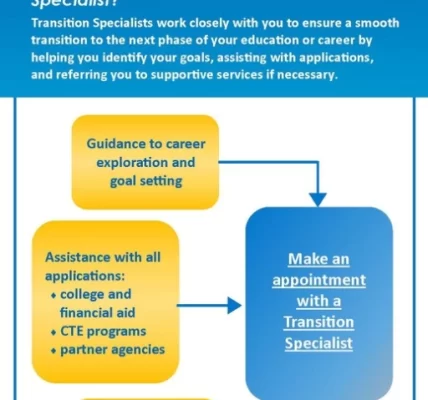In our rapidly evolving digital age, possessing essential digital skills is no longer a luxury but a necessity. As technology becomes an integral part of daily life, there exists a critical need to bridge the digital divide, particularly among adults. This guide explores the importance of digital skills for adults, the existing technology gap, and the role of education in equipping individuals with the knowledge needed to thrive in the digital era.
1. **Understanding the Technology Gap:**
The technology gap refers to the disparity in access to and proficiency with digital technologies. Many adults find themselves on the wrong side of this gap, lacking the necessary skills to navigate the digital landscape effectively. This divide can hinder opportunities for employment, social connection, and overall participation in the modern world.
2. **Importance of Digital Skills for Adults:**
Digital skills are not just for the younger generation; they are essential for adults in various aspects of life. From conducting online transactions to participating in virtual work environments, digital literacy is a key component of economic and social empowerment. Adults with strong digital skills are better equipped to adapt to changes in the workplace and stay connected in an increasingly digital society.
3. **Job Market Demands:**
The modern job market places a premium on digital literacy. Many professions require a basic understanding of digital tools and platforms. Adults with digital skills not only have a competitive edge in the job market but also contribute to the overall productivity and innovation of the workforce.
4. **Access to Information and Services:**
Digital skills empower adults to access a wealth of information and services online. From healthcare resources to educational materials, the ability to navigate the digital realm opens up avenues for self-improvement, lifelong learning, and staying informed about the world.
5. **Addressing Technological Anxiety:**
Many adults experience anxiety or hesitation when it comes to embracing new technologies. Education plays a crucial role in addressing this anxiety by providing structured learning environments that cater to various skill levels. Digital literacy programs can build confidence and empower adults to embrace technology without fear.
6. **Tailored Educational Programs:**
Recognizing the diverse needs of adult learners, educational programs should be tailored to accommodate different learning styles and paces. Whether through online courses, community workshops, or adult education centers, providing accessible and flexible learning opportunities is essential for closing the technology gap.
7. **Promoting Inclusivity and Equity:**
Closing the technology gap requires a commitment to inclusivity and equity. Educational initiatives must prioritize reaching marginalized communities, seniors, and individuals with limited resources. By ensuring that digital skills education is accessible to all, society can work towards creating a more equitable and connected future.
Conclusion:
Closing the technology gap for adults is a societal imperative that demands a collective effort. Education emerges as the cornerstone of this endeavor, providing the means for adults to acquire digital skills, overcome technological anxiety, and participate fully in the digital age. By investing in accessible and tailored educational programs, we can empower adults to navigate the complexities of the digital world, fostering a more inclusive and digitally literate society.












